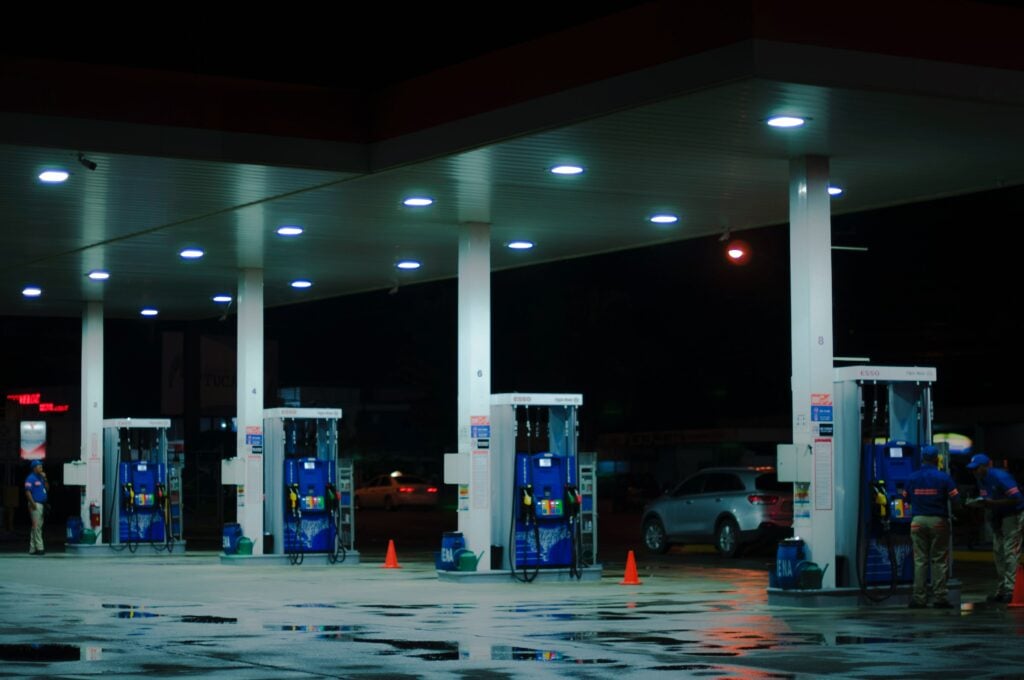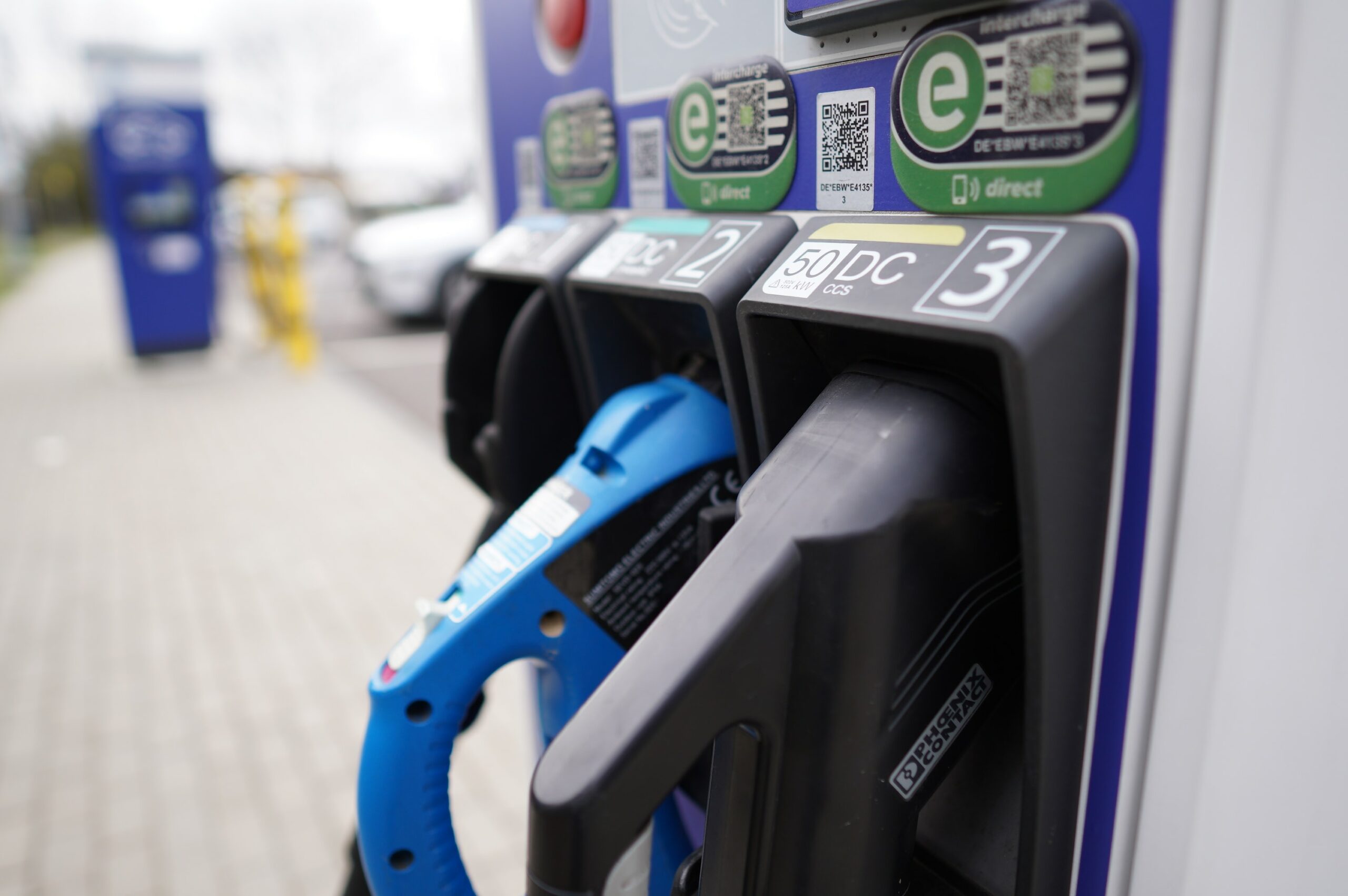
The United States recently experienced a fuel shortage, and it all started with a cyber attack. Fuel stations in the south-eastern US were running out of gas as hoarding took place.
The problem began when hackers shut down pipelines that transport oil from Canada to the US. Fuel companies were struggling to keep up with demand from drivers who feared shortages may not be solved quickly.
In response, Washington pledged new steps to help alleviate supply issues by sending more gas into reserves and instructed energy producers to use more domestic sources of crude oil instead of importing foreign supplies.
Tensions increased in the Middle East as the United States issued Iran warnings following an alleged involvement with attacks on oil tankers near Oman’s coast, leaving one ship ablaze and almost destroying another. It is thought that the cyber assault was carried out as retaliation for US sanctions against Iran.
So what exactly instigates the need to “panic-buy” items that are in short supply?
Fear of scarcity.
Reports of a petrol shortage have caused queues of cars to snake out of petrol stations, and thousands of pumps to go dry. This is the most recent example we’ve seen of panic buying, and with shortages expected to develop in the months ahead as a result of a lack of truckers, it may not be the last.
“Panic buying is supported by a fear of scarcity,” explains Dr Gregory Warwick, a chartered psychologist at Quest Psychology Services. “The objective is for us to panic buy in order to feel in command again.” According to psychologist and author of The Leader’s Guide To Resilience, Audrey Tang, “It’s ‘I don’t know what’s going on here, everything’s going a little bit crazy,’ but if I go get my petrol, I’m in control’”.
While it’s easy to criticize people for standing in lines at the petrol station or loading their grocery carts, keep in mind that this isn’t always a logical reaction. We shouldn’t take aim at the panic purchasers because they’re simply relieving their anxieties and fears. Fear drives us to act irrationally. All we want to do when we’re scared is eliminate our fear.
Whether it’s due to a genuine life risk or a psychological “threat”, such as not being able to buy your Thanksgiving turkey, for some people, the stress response feels the same.
“It’s a physiological response to any kind of danger,” says Tang. “My heart rate is going up, I’m getting sweaty, I’m getting palpitations, and I’m feeling really uncomfortable”.
Dopamine is “known as the reward chemical because it rewards behaviour that makes us feel better”, Tang explains. It gives us a little dopamine hit when we buy something, and it relaxes us.
Herd mentality.
With panic buying, there’s also a dose of herd mentality. We may not have been affected by news reports, but when we see queues at petrol stations or shelves being cleared, the fear of scarcity seems more probable, even if we’re advised to just purchase what we need.
“The conflicting information from having the government and media telling us not to [hoard] jars with our own sense of seeing everyone else do it and that in turn raises our panic and urge to go out and panic buy”, Dr Warwick explains.
“I believe that panic buying by some and not others is largely due to how well individuals can handle their anxiety”, adds Dr Warwick. So, what should you do if you’re feeling anxious and want to fill up your petrol tank even though you don’t need it? “Consider carefully why you want petrol in the first place”, urges Tang. If it isn’t essential, why not wait until there are no supply problems and leave the fuel for critical workers and those who truly require it?
Consider your diet and whether you’re getting enough sleep and exercise if you’re feeling more nervous than usual.
“All of these things can have an impact on us”, says Tang. “Not getting enough sleep affects how we process and think about things, as well as our appetite. It’s all too easy to mistake bodily indicators of physical illness for mental problems.”
